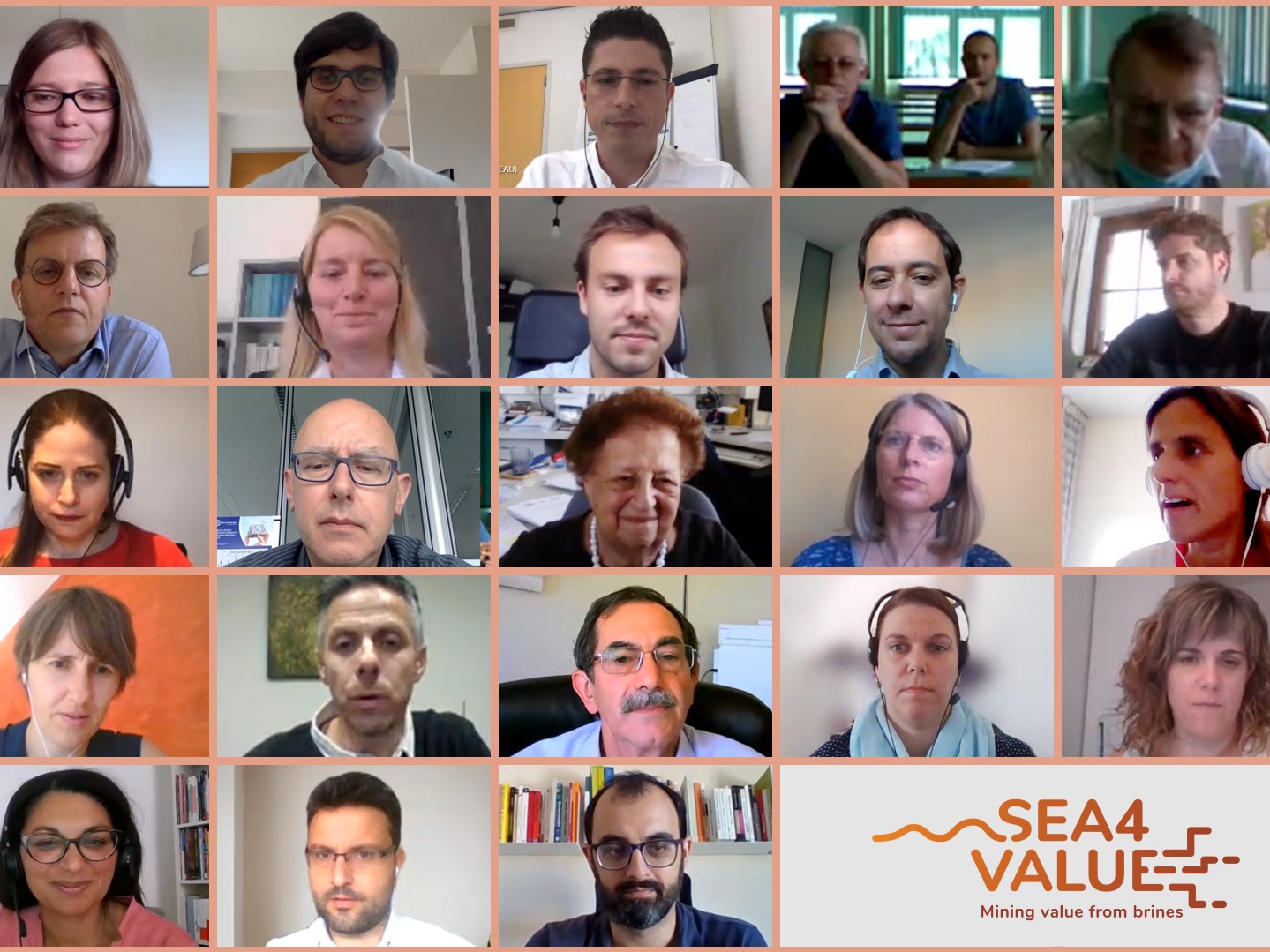Converting waste from seawater desalination plants into a source of raw materials
A new project – Sea4value – will help to overcome the lack of local supply of minerals and metals in European Union countries by using waste from desalination plants. The almost 16,000 operational desalination plants in the world discharge a typically hypersaline concentrate (called brine) associated with negative environmental impact and pollution. This research project could change this, converting part of the brine into the EU's third largest source of valuable raw materials. Over four years, the project's international team will develop novel processes such as advanced concentration and crystallisation and ion-selective separation technologies to transform a portion of the desalination discharge into a sustainable source of raw materials, which will be a world first. Sea4value is part of the European Union's broader efforts to shift to a circular economy model in order to reduce waste to a minimum and to harness the full value of materials. The consortium is composed of experts from Spain, Germany, Italy, Belgium, Ukraine, Netherlands and Finland. They represent think-tanks, technology development entities, research centres, universities, industrial companies and public authorities. The results of the project will not only generate new business opportunities for seawater desalination plant operators, but also create a new local source for minerals and metals for European countries, helping the industry to lower its dependency on imports. At the kick-off meeting, project coordinator, Nuria García Fernandez from Fundacio Eurecat, stated: "Now the output of seawater desalination plants is 50 percent water and 50 percent brine. We will try to reach 80% water and to recover magnesium, scandium, vanadium, gallium, indium, boron and other minerals and metals from the 30 percent brine." A positive collateral effect of the project's novel processes and technologies will be a 30% increase in the amount of desalinated water for human use, which will make a major contribution to minimising water scarcity.



